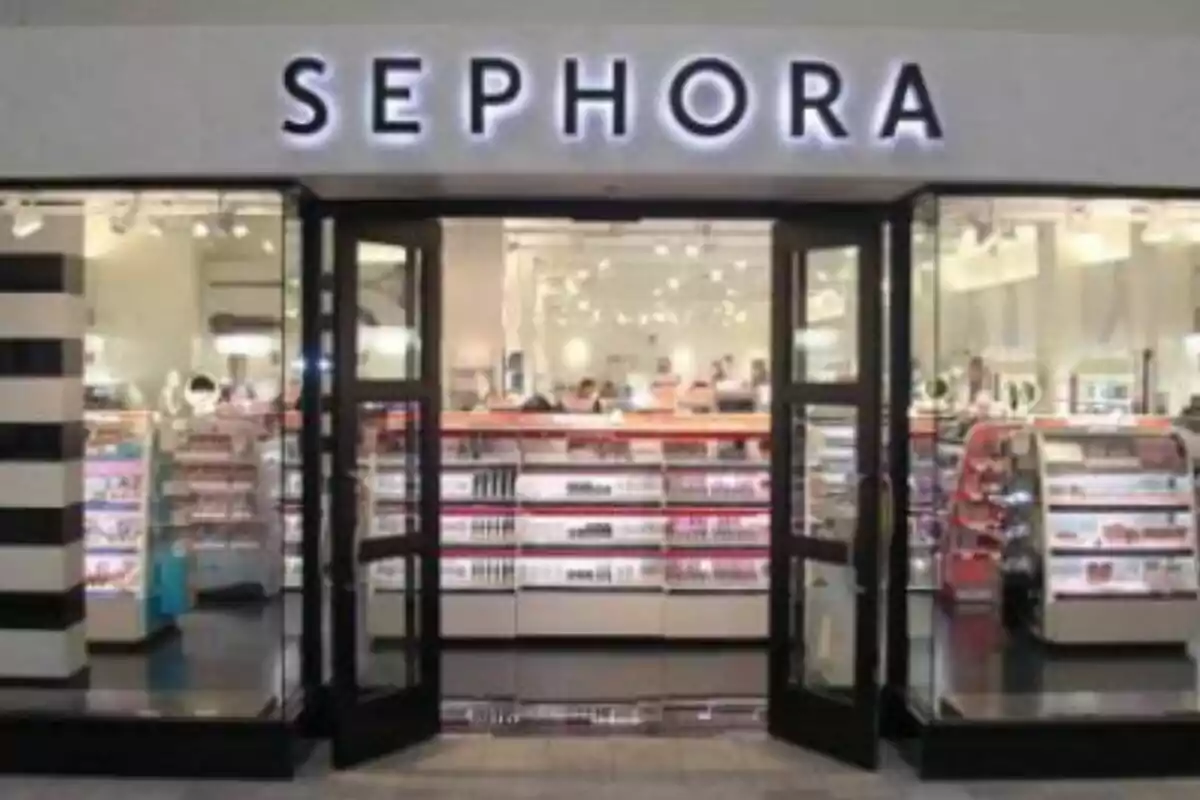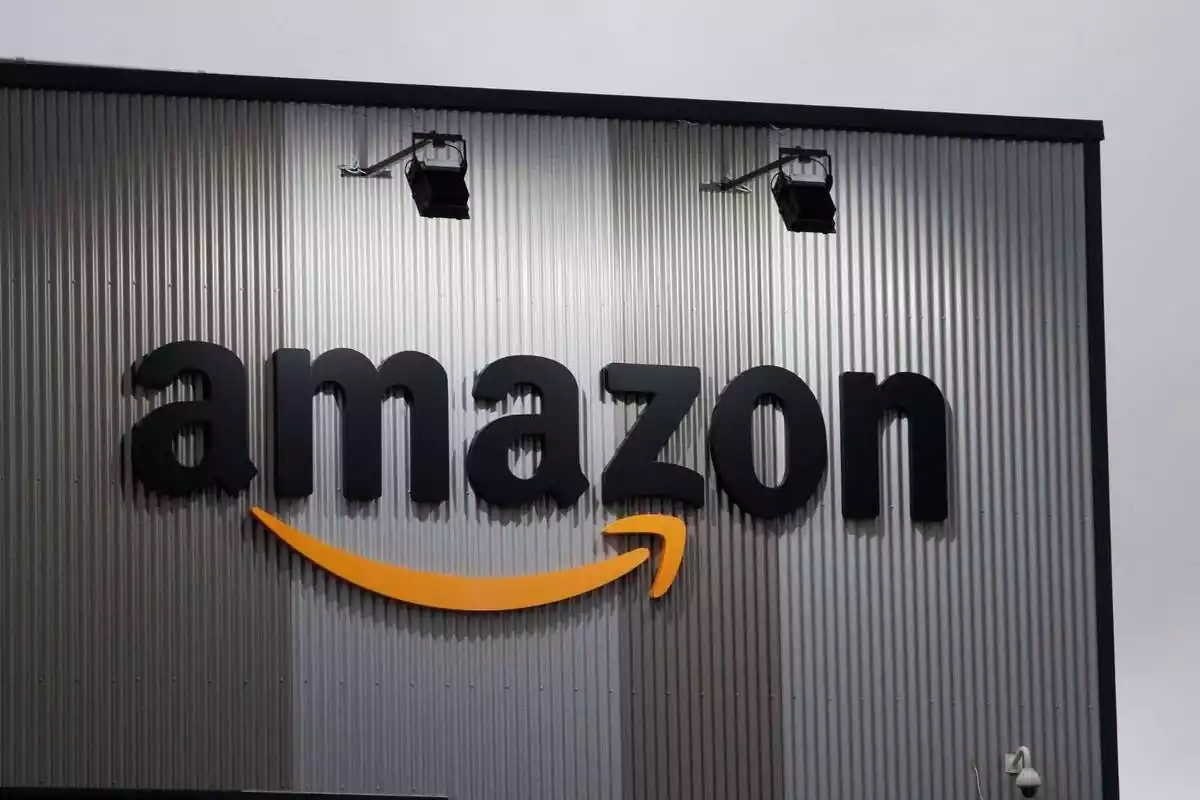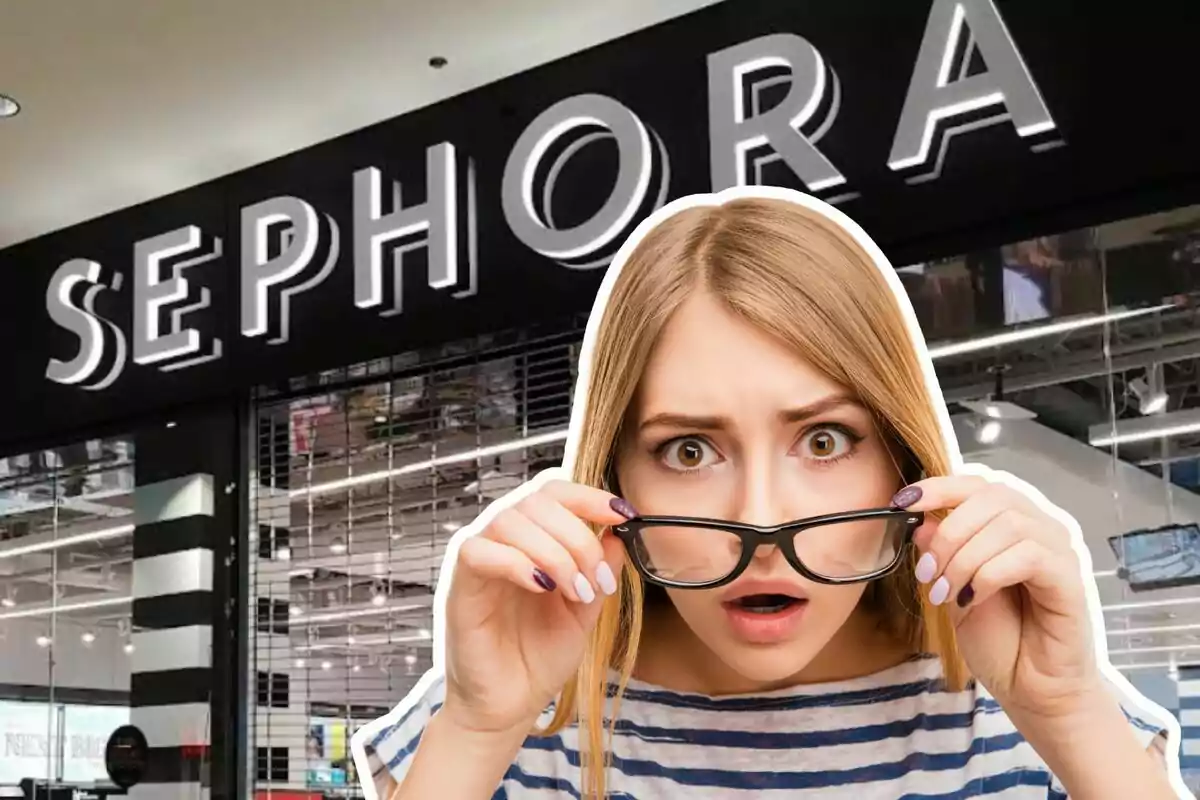The beauty sector is facing challenges that are drawing a lot of attention from major brands. Recently, Sephora has had to reconsider how they operate in the United States. Competition and consumer behavior are forcing this company to make important decisions.
According to LVMH's first quarter 2025 financial report, Sephora's parent company, sales in the United States experienced a slight decline. The company highlighted that total sales in perfumes and cosmetics kept steady, but the U.S. market showed a concerning slowdown. LVMH's Chief Financial Officer, Cécile Cabanis, attributed this drop mainly to Sephora, noting that they faced very difficult comparisons after double-digit growth the previous year.

Amazon's aggressive competition and Sephora's response
During the investor call in April, Cabanis explained that Amazon has adopted a very aggressive pricing strategy, which has impacted Sephora's sales in the United States. "In the U.S. market, our momentum in e-commerce is lower because Amazon is being very aggressive with prices, and we avoid that technique," the executive said. She also pointed out that demand in the beauty sector is weaker, partly due to economic uncertainty and concerns about tariffs.
In response to this situation, Sephora has announced a major deal to attract customers to their physical stores and compete with Amazon's online offerings. The company has partnered with Lyft to offer $20 discounts on rides to selected stores in cities such as New York, Seattle, Los Angeles, San Francisco, and Chicago. In addition, certain Lyft vehicles will display Sephora's branding, creating a visual campaign aimed at drawing attention.

Strategies to win back customers before Prime Day
Between July 7 and 10, Sephora will launch exclusive promotions for those who visit their physical stores, according to The Street. These include $10 off purchases over $50, personalized skin scanners, and exclusive product samples. The head of marketing in the United States, Zena Arnold, emphasized that "consumers increasingly value in-person experiences and seek a human connection to guide them in their purchase."
This offensive comes just before Amazon Prime Day, which will take place from July 8 to 11 and promises aggressive deals on various beauty products. Amazon will offer discounts of up to 40% on popular brands such as Tarte, Urban Decay, and IT Cosmetics, which represents a major challenge for Sephora. Not only has Sephora detected a slowdown; Ulta reported flat or declining sales in several segments, confirming that consumers are being more cautious with their spending.
In the words of Kecia Steelman, Ulta's CEO, "consumers remain interested in beauty, but they increasingly value price and are willing to make sacrifices in other areas." This scenario highlights the need for Sephora to adapt quickly to regain ground and keep their position in the competitive U.S. market.

